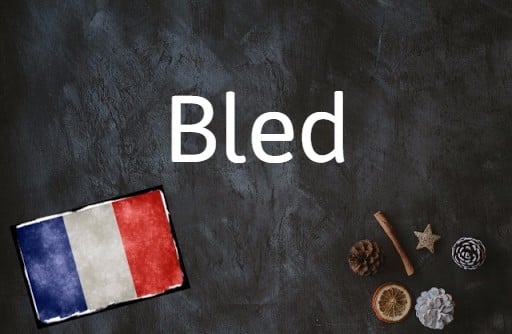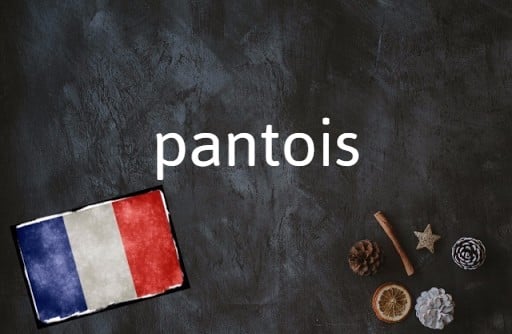Why do I need to know bled?
It’s useful when describing a particular type of place, but be careful because it can have negative connotations.
What does it mean?
The word bled comes from Arabic, and is used in North Africa to mean “town” or “country”.
Since arriving in the French language, it has developed two different meanings.
First of all, it’s often used to refer to a person’s village or country of origin. You’ll mostly hear this from first or second generation immigrants in France, when they are talking about the area they or their family came from.
Just as many Americans will be used to hearing stories about the “old country”, the word bled conveys a sense of dual belonging.
Many French people of North African descent return to the bled to visit family during the summer. Of course, this has became more difficult during the pandemic because of travel restrictions, hence the recent headline from Le Parisien: “les Algériens de France ne passeront pas l’été au ‘bled’” (France’s Algerians won’t spend the summer in their country of origin).
The second meaning is more pejorative, and refers to a village or small town which is isolated and deemed to be of little interest. (For a certain type of person, this could be any place that isn’t Paris.)
To really add emphasis to how small and out-of-the-way the town or village is, you can add paumé (lost) to bled.
Use it like this
Cet été je vais retourner au bled pour voir mes grands-parents – This summer I’m going to the old country to see my grandparents.
Il n’y a même pas de restaurant dans ce bled – There’s not even a restaurant in this backwater.
Il vient d’un petit bled paumé dans l’ouest de la France – He comes from a one-horse town in the west of France.



 Please whitelist us to continue reading.
Please whitelist us to continue reading.
Member comments